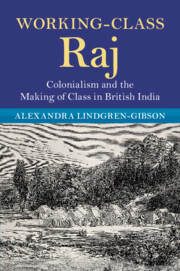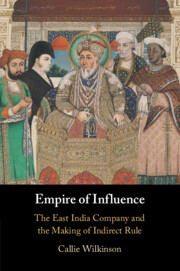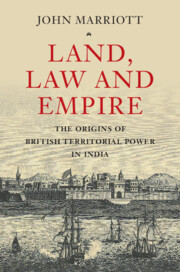Working-Class Raj
Focusing on the military men, railway workers, and wives and children of the British working-class who went to India after the Rebellion of 1857, Working-Class Raj explores the experiences of these working-class men and women in their own words. Drawing on a diverse collection of previously unused letters and diaries, it allows us to hear directly from these people for the first time. Working-class Brits in India enjoyed enormous privilege, reliant on native Indian labour and living, as one put it, “like gentlemen.” But within the hierarchies of the Army and the railyard they remained working class, a potentially disruptive population that needed to be contained. Working in India and other parts of the empire, emigrating to settler colonies, often returning to Britain, all the while attempting to maintain family ties across imperial distances-the British working class in the nineteenth century was a globalised population. This book reveals how working-class men and women were not atomised individuals, but part of communities that spanned the empire and were fundamentally shaped by it. This title is part of the Flip it Open Programme and may also be available Open Access. Check our website Cambridge Core for details
- Resituates the story of the British working class in India in larger histories of the mass movement of people and cultures around the globe in the nineteenth and twentieth centuries
- Uncovers the experiences, emotions, and histories of working-class men and women in British India in their own words
- Contributes a scholarly perspective to popular contemporary conversations around race, class, and legacies of empire
- This title is part of the Flip it Open Programme and may also be available Open Access. Check our website Cambridge Core for details
Product details
April 2025Paperback
9781009356572
196 pages
229 × 152 × 11 mm
0.295kg
Available
Table of Contents
- Introduction
- 1. Family histories and remaking class in British India
- 2. Writing family together across Imperial distances
- 3. Military domesticity: creating working-class worlds in British India
- 4. Servants in empire: wives, daughters, and domestic service
- 5. Class and colonial knowledge: miseducation for empire
- 6. Fragmented families: tracing the afterlives of working-class India.









